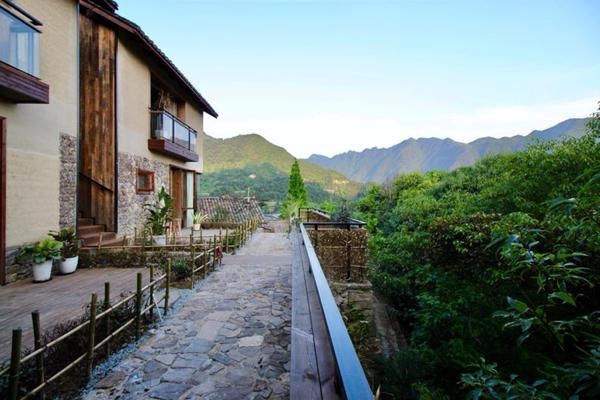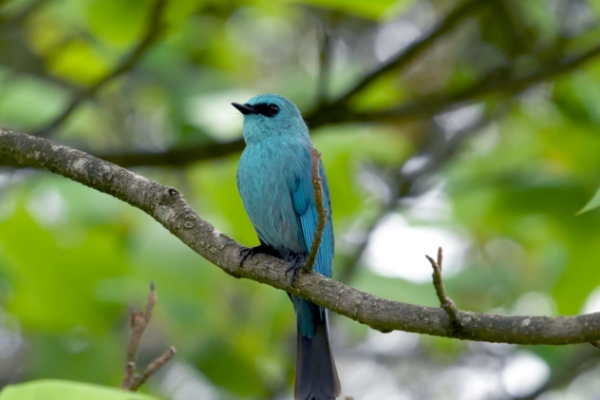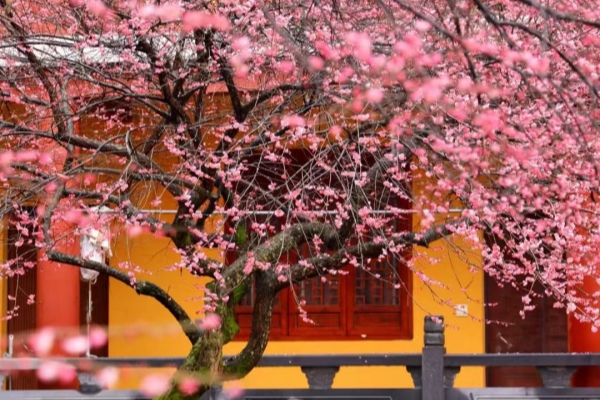Songyang's path in developing homestay industry

A homestay hotel in Xikeng village in Songyang county, Lishui. [Photo provided to China Daily]
Songyang county in Lishui, Zhejiang province, was founded in 199 (Eastern Han Dynasty: 25-220). It had jurisdiction over three sub-districts, five towns and 11 townships. Described as "the last secret region in the south of the Yangtze River" by Chinese National Geography, it is a complete example of "classical China" counties.
In recent years, relying on its ecological advantages, traditional villages and folk culture, Songyang county has been vigorously developing a rural homestay industry.
By March 2020, the county had 471 homestays with 4,773 beds. In 2019, Songyang received 2.62 million tourists, with total revenue of 170.86 million yuan ($24.08 million), year-on-year increases of 15.2 and 21 percent respectively.
The Songyang county government rolled out the Industrial Plan of Homestay in Songyang County (2016-2020) in 2016, which made clear the development and image orientation of Songyang homestays.
According to the plan, villages and towns in the county should carry out the construction of homestays depending on characteristic diet, culture, and traditional handicrafts.
The Songyang government also put forward a series of incentive policies and measures to support the homestay industry. For example, in terms of renovation subsidies, amounts of 60, 80, 120 and 180 yuan per square meter are given according to different building categories. At the same time, a one-time subsidy is given to the guest rooms according to the standard of 1,000 yuan per room. For guest rooms with independent toilets, extra rewards will be given.
In the development of the homestay industry, Songyang takes traditional villages as the basis, excellent ecological environment as the support, local folk customs as the feature and creative artistic activity such as photography and sketching as the medium, and implants them in ecological agriculture, leisure vacation, cultural tourism and other forms of business so as to promote the integrated development of primary, secondary and tertiary industries.
The Mingkeli Culture Homestay in Dadongba township, for instance, employs intangible cultural heritage inheritors as artistic advisers. While carrying out intangible cultural heritage experience activities, the homestay also organizes local villagers to make bamboo weaving, embroidery and other intangible cultural heritage products for sale.
To date, Songyang has cultivated eight provincial-level and municipal-level characteristic villages, nine provincial-level agritainment complexes, and 11 "Lishui Shanju" boutique homestay demonstration projects.
The development of homestays in Songyang has accelerated the momentum of economic development and achieved industrial transformation. In addition, it has led to many farmers improving their living conditions.

 Lishui establishes intelligent biodiversity monitoring system
Lishui establishes intelligent biodiversity monitoring system New fungus species discovered in Qingyuan
New fungus species discovered in Qingyuan Lishui transforms weirs to aid fish migration
Lishui transforms weirs to aid fish migration